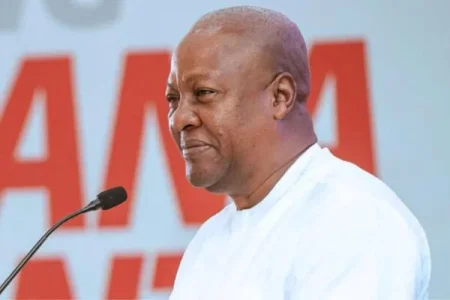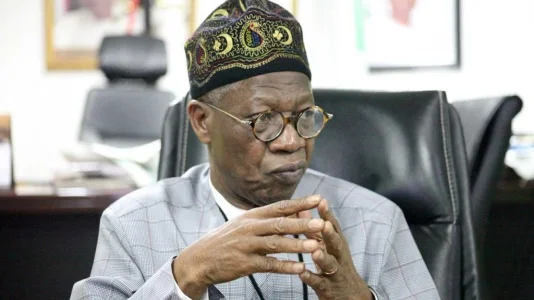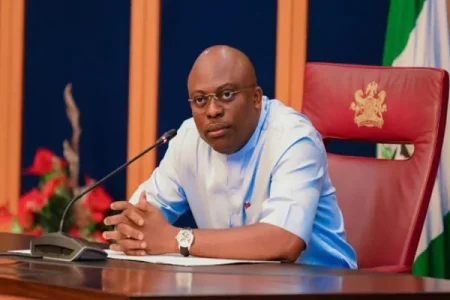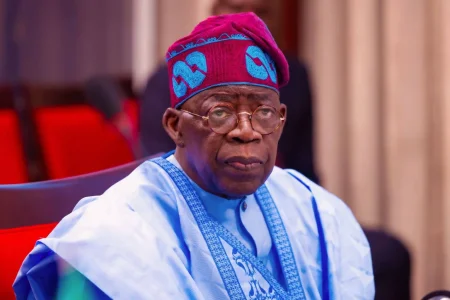
Ghana’s President John Mahama has banned first-class travel for government officials to cut public spending amid economic challenges. All non-essential trips require approval from the Chief of Staff. The directive emphasizes modest travel and responsible use of public funds as part of efforts to restore economic stability and public trust.
Ghanaian President John Mahama has imposed a ban on first-class travel for government appointees in a move to reduce public spending amid economic challenges. Announcing the directive at a swearing-in ceremony for new ministers, Mahama emphasized the need for financial discipline in government operations.
The policy mandates that all non-essential trips be canceled, while essential travel must receive approval from the Chief of Staff. The President stressed that such trips should be conducted modestly, explicitly prohibiting first-class flights. This measure aligns with the administration’s broader strategy to curb extravagant expenditures and prioritize national economic stability.
Mahama urged government officials to remember their duty to the Ghanaian people and to use public funds responsibly. He warned against arrogance and wasteful spending, insisting that governance should focus on service rather than luxury.
This travel restriction is part of ongoing efforts to restore public trust and manage Ghana’s economic difficulties. It follows other cost-cutting measures introduced by the government to ensure resources are directed toward pressing national needs.
The decision has received mixed reactions from the public, with some applauding the President’s commitment to reducing government expenses, while others question whether the policy will be strictly enforced.
As Ghana navigates economic turbulence, this move signals a strong stance on fiscal responsibility. It remains to be seen how effectively the ban will be implemented and whether it will have a significant impact on government spending.




